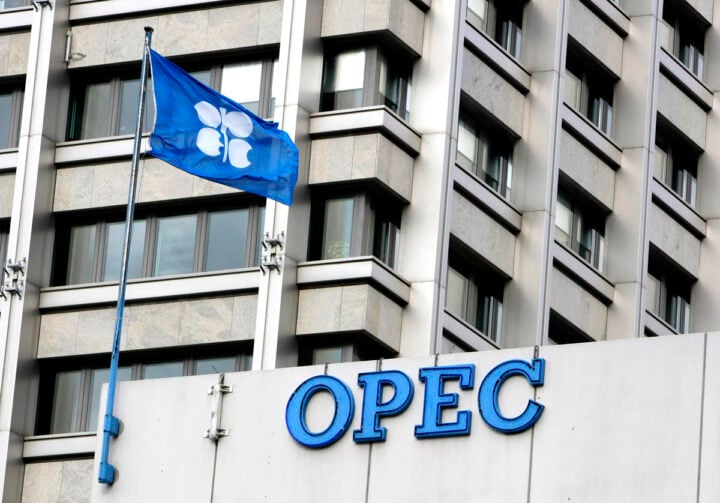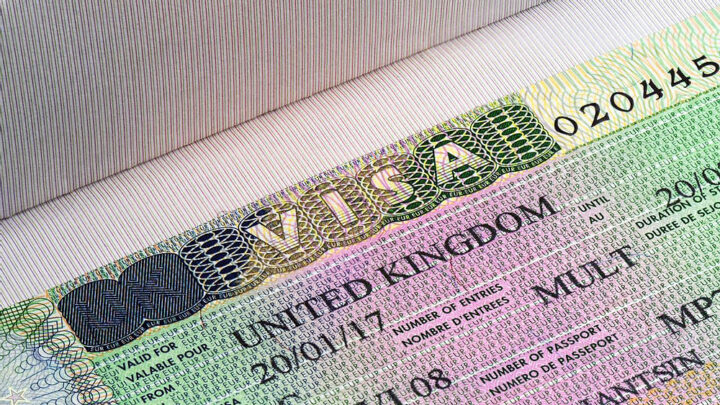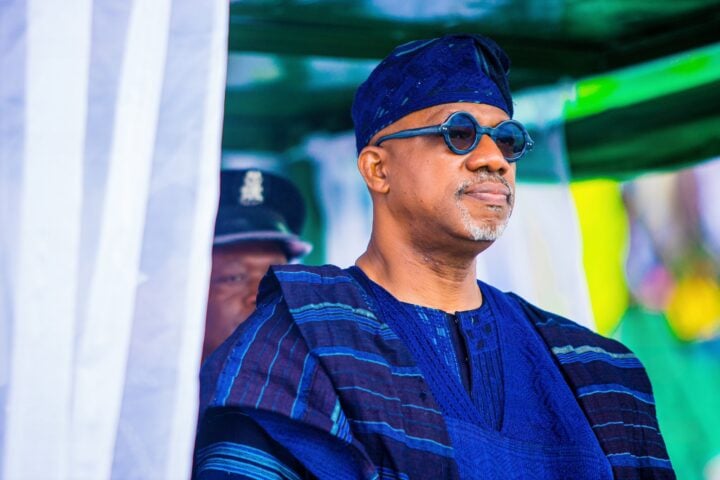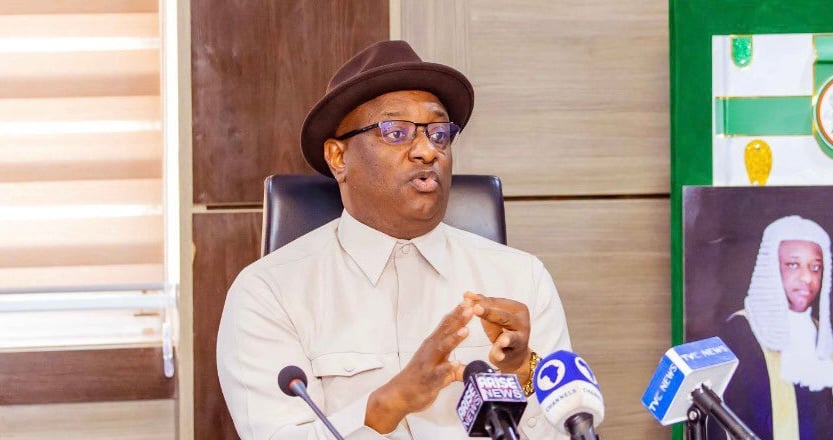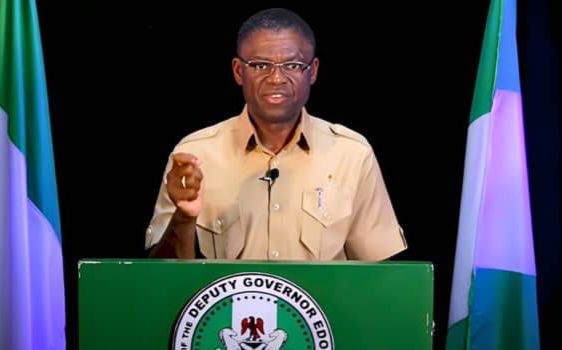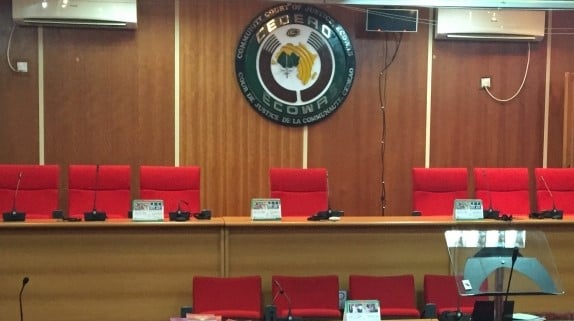Here are the seven top business stories you need to track this week — November 27 to December 1.
NBS REPORTS
The Nigerian Bureau of Statistics (NBS) is expected to release reports on capital importation as well as pension membership data for the third quarter (Q3) of 2023.
The bureau also intends to report on Nigeria’s company tax income for Q3 2023.
Advertisement
Also, during the week, NBS will publish a report on the gross domestic product (GDP) expenditure and income approach for the first and second quarters (Q1&Q2) of 2023.
In addition, a report on the sectoral distribution of value-added tax (VAT) for Q3 will be published by the statistics firm.
OPEC MEETING NOV 30
Advertisement
The Organisation of Petroleum Exporting Countries (OPEC) has postponed its meetings originally scheduled to be held on November 25 and 26, 2023.
In a notice on its website, OPEC said the meeting will now be held on November 30, 2023.
Following this adjustment, Brent crude oil experienced a 0.64 percent decline, closing at $81.40 per barrel on Thursday last week.
At its previous ministerial meeting in June 2023, OPEC and its allies, called OPEC+, decided to extend the current voluntary cuts until the end of 2024.
Advertisement
The oil cartel also reduced Nigeria’s production level to 1.38 million bpd, from the current 1.74 million bpd.
The adjustment takes effect from January 2024.
CBN WILL DIRECT BANKS TO RECAPITALISE, SAYS CARDOSO
The Central Bank of Nigeria (CBN) has announced plans to direct banks to recapitalise.
Advertisement
Olayemi Cardoso, CBN governor, spoke at the 58th annual bankers’ dinner and grand finale of the 60th anniversary of the Chartered Institute of Bankers of Nigeria (CIBN).
He said banks will be directed to increase their capital base because they are not liquid enough to service the $1 trillion economy President Bola Tinubu is aiming for in the near future.
Advertisement
Recapitalisation is the process of infusing funds into banks to enable them to meet the mandatory capital adequacy set by a central bank.
FG SEEKS EXTENSION ON OLD NAIRA
Advertisement
Last week, the federal government filed an application before the supreme court seeking an extension for old naira notes to remain in circulation.
In March 2023, the supreme court extended the deadline to phase out the old naira notes to December 31, 2023.
Advertisement
In the fresh application, Lateef Fagbemi, attorney-general of the federation (AGF) said due to the economic crisis, it has not been able to print the volume of new notes that would enable it to phase out old currency before December 31.
Meanwhile, on November 14, CBN said old naira notes will remain legal tender indefinitely.
REPS APPROVES 2024-2026 MTEF/FEP, NEW BORROWINGS
The 2024-2026 medium-term expenditure framework (MTEF) and fiscal strategy paper (FSP) were approved by the house of representatives on Tuesday.
The lawmakers approved $73.96, $73.76 and $69.90 per barrel as benchmark oil prices for daily crude oil production of 1.78 million barrels, 1.80 million barrels, and 1.81 million barrels, for 2024, 2025, and 2026 respectively.
Also, an exchange rate of N700/$, N665.61/$ and N669.79/$, proposed by the federal government for the period of 2024–2026, was approved by the lower chamber.
During the plenary, gross domestic product (GDP) growth rates of 3.76 percent, 4.22 percent, and 4.78 percent were proposed by the lower chamber for the year: 2024, 2025, and 2026.
WHY I APPROVED NAIRA REDESIGN, SAYS BUHARI
Former President Muhammadu Buhari has given reasons for the approval of the naira redesign policy.
Buhari, who spoke in his first interview since he left office, said approving the policy was a way to ensure his “integrity became unquestionable”.
He also said the move was imperative to check those who had stashed ill-gotten money.
NIGERIA WILL STOP OIL IMPORTATION DEC 2024
The Nigerian National Petroleum Company (NNPC) Limited, over the weekend, said it aims to end the importation of refined petroleum products by December 2024.
Mele Kyari, group chief executive officer of the NNPC, spoke when he led a delegation of the company’s senior management team to a meeting with Tajudeen Abbas, speaker of the house of representatives.
He said all the country’s refineries would be operational by December 2024.
In a related development, Dangote refinery is expected to start production with 350,000 barrels a day by December 2023.
Add a comment
